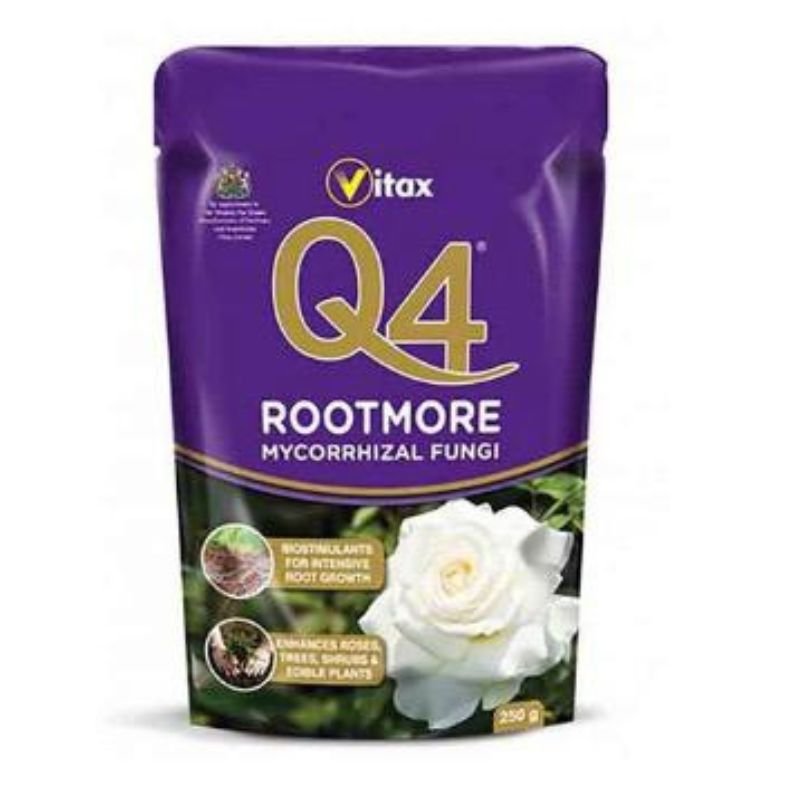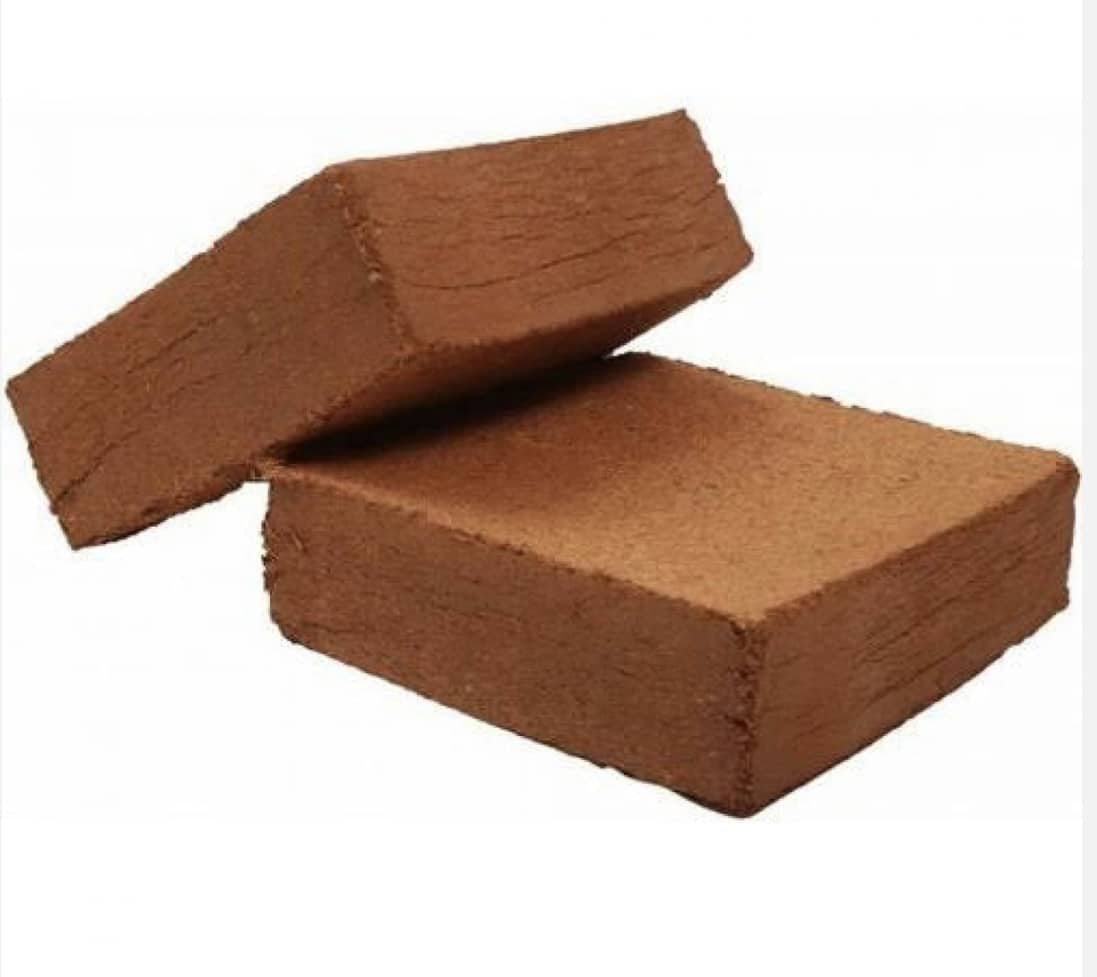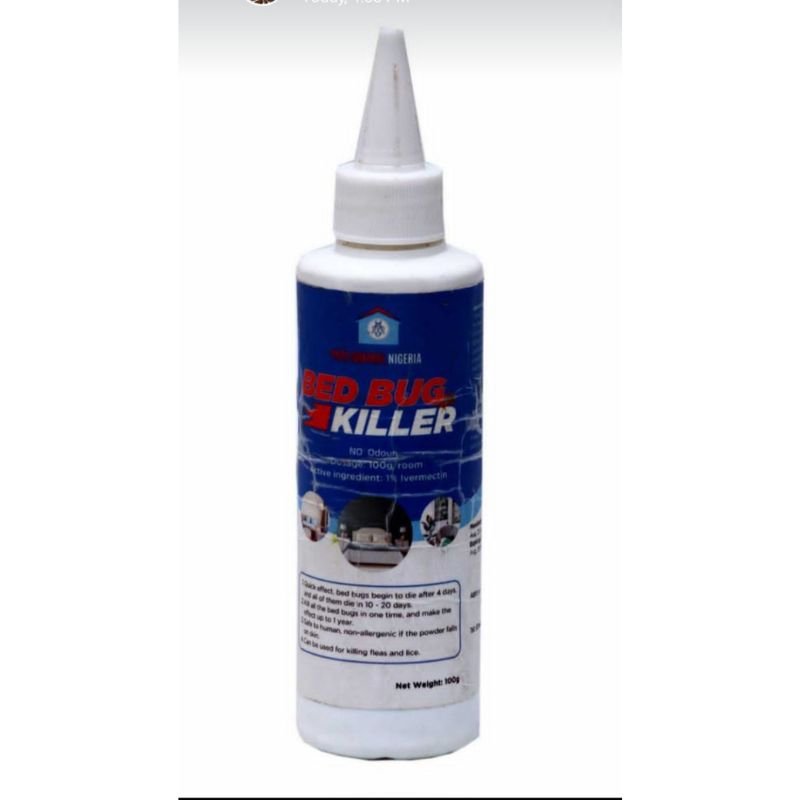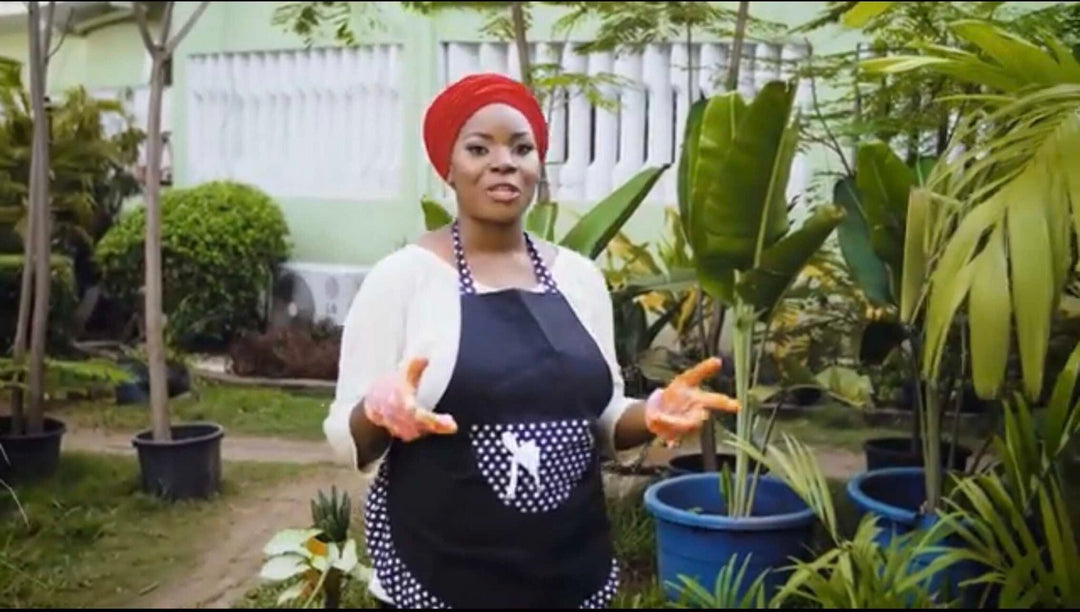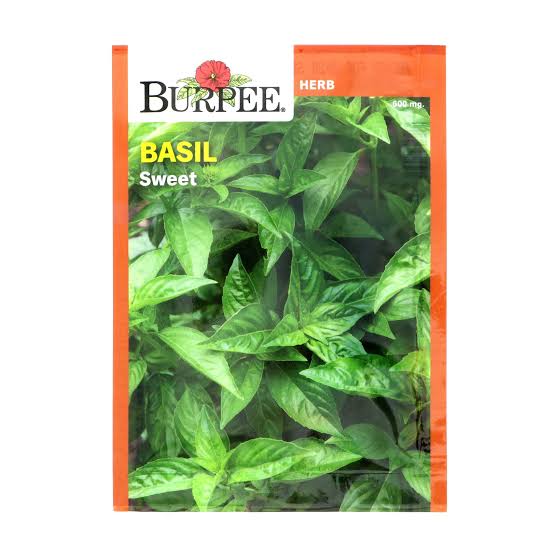How to Start a Garden
The quarantine period has been a great opportunity for many people to embark on a gardening journey. Whether it was for recreation or subsistence, gardening has been a helpful outlet for most of us. If you haven’t started one yet, this is the best time to start your own.
In this article, we will give you a basic guide on the things you have to do to start your own garden.
Deciding on What Type of Garden
There are different types of gardens that you can start depending on the availability of resources. The first step is to decide on what type of garden you want to build. The following are the common types of gardens.
Backyard Gardening
The most popular type of garden is the backyard garden. This garden is suitable if you have a wide vacant space at home that you can cultivate. In backyard gardening, you have the choice of whether to plant in-ground or create raised beds for the plants.
Container Gardening
Another type of gardening that has gained popularity through time is container gardening. Here, there’s no need for a vast space because it utilizes the use of small containers for planting. If you’re living in a flat or apartment with no vacant outdoor space, container gardening is ideal for you.
Hydroponics
One thing you may also want to try is hydroponics gardening. This type of gardening won’t need soil because the plants are grown in a liquid nutrient solution. The integral part of hydroponics is building the appropriate setup and preparing the solution.
Water Gardening
This type of garden is primarily suited for plants that naturally thrive in water such as water lilies and lotus. Adding a water garden to an existing landscape adds a different vibe. You may also add other living organisms such as fish and turtles.
One of the popular local companies based in Lagos that specialise in water gardens is Merrymaid Water Gardens. They are experts in creating water gardens including aquariums, waterfalls, ponds, and fountains.
Choosing the Gardening Approach
Gardening is also guided by certain philosophies. From the very beginning, you have to decide on how you would approach your gardening. This will guide the activities that you do in your garden.
Organic
Organic gardening is one approach that is considered sustainable. In this approach, the gardener is not only concerned with high productivity but also considers the impact of the gardening process on the environment and people.
Certain practices guide organic gardening. It includes improving soil health, recycling nutrients, conserving water and fertilizer, using integrated pest management, protecting pollinators, and using natural enemies as well as increasing the biodiversity below and aboveground.
Organic gardeners or farmers can be certified by a certifying body. The certifying body in Nigeria is the Association of Organic Agriculture Practitioners of Nigeria (NOAN).
Inorganic
The typical approach used in gardening and farming for many years is using inorganic fertilizers and pesticides to improve crop productivity. Although the application of these chemicals is not bad in itself, it is the exploitation that is. Over time, the unregulated use of such chemicals brings harm to the ecosystem.
If you’re planning to use this approach, be sure to properly manage the use of inorganic fertilizers and chemicals.
Choosing the Right Location
Choosing the right location for your garden is the next step. Whether you are doing backyard, container, water or hydroponics gardening, it’s important that the location bears the ideal growing conditions for your plants. Here are some considerations.
Sunlight
Your garden must receive enough sunlight. Plants need light for photosynthesis. Choose a place that has access to full sun for at least 6 hours. Most vegetables and flowers require such exposure to grow.
Soil
If you’re into backyard gardening, it’s integral to look into the quality of the soil in the area where you’re planting. There must be loose, rich, level, and well-drained soil. Avoid barren areas or be prepared to spend significant time amending non-fertile soil before starting your garden. Having the soil professionally tested is the best way to determine the quality and the nutrient levels within the soil and what you need to do to amend it.
Water Supply
Make sure your backyard or container garden has close access to a water supply. This will make the irrigation/watering process efficient. Water is very important for your plants to flourish so do whatever works best to make it easier for you.
Layout
When choosing a spot, also consider how you would layout your garden. Careful planning is necessary to be able to utilize the space and get the best out of it. A quick search online will inspire you. Houzz.com is also a good place to start.
Planning on What Crops to Plant
To decide on what crops to plant, consider the size of your garden and take note of what is being grown in the area. Hydroponics gardening would require smaller crops such as lettuce, strawberries, and tomatoes. You also need to consider the season. Some crops grow best during the dry season and others during the rainy season.
Consult a crop calendar for better planning. FAO provides a comprehensive calendar for every type of crop and depending on the agro-ecological zone.


